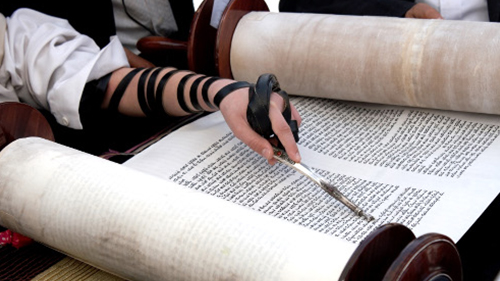By: Rabbi Ferenc Raj, PhD Rabbi Emeritus of Congregation Beth El, Berkeley, CA, USA; Founding Rabbi, Congregation Bet Orim, Budapest, Hungary Jewish Memories “Our existence is not in vain. There is a Divine earnestness about our life. This is our dignity. To be invested with dignity means to represent something more than oneself. The gravest […]
We don’t often turn to the Torah for a lesson in economics, but this week’s portion Parashat Behar is the basis for a number of teachings related to the basic economic issues of supply and demand, and the special conditions that apply to the sale of real estate.
No portion in our Torah discuss Judaism on a planetary scale more clearly than Behar-Bechukotai. The commandment of the sabbatical year makes clear that all the earth, not just that of the Land of Israel, belongs to God and is only on loan to us.
Every member of Am Yisrael was once a slave in Egypt. Since we are familiar with the situation of slavery, we have a moral obligation to let our servants go free in the seventh year. In this modern age, who are our slaves? Who or what are we slaves too? What should we let go of?
We often think that e-mails or text messages are like oral conversation; that once the words are pronounced they disappear, but it is not the case. They stay in the minds of people that have been hurt, and the pain is difficult to erase. A little click can cause a great shock: let us take our time, zeman nakat, let us hurry slowly so that we be motsi shem tov – uttering good words, words of good.
We are starting the second book of the Torah with Parashat Shemot, the Exodus. The book which we have just read, Bereshit, Genesis, besides the creation of the world, tells the story of a family – the family of the patriarchs. The first book of the Torah begins with the account of a single man and a single woman, and ends with several chapters about Abraham, Sarah and all of their descendants and aggregates. Something different happens in Shemot.

